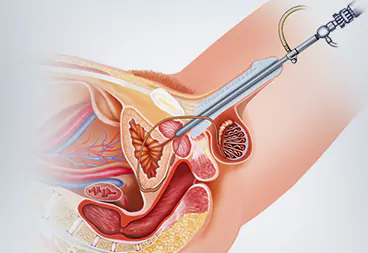Kidney Stone

Renal calculi or Kidney stones are formed when the urine is supersaturated with salt and minerals such as calcium oxalate, struvite (ammonium magnesium phosphate), uric acid and cystine.60-80% of stones contain calcium.
They may vary in size from small 'gravel-like' stones to large staghorn calculi.
Consultation
Joshi's Centre - Sahakara Nagar
Mon - Sat
9:30 AM - 8:00 PM
Inform your Doctor if you are have any of these issues;
- Renal stones are common. One in ten of the population have renal stones, although a significant proportion will remain asymptomatic.
- The annual incidence is about 1-2 cases of ureteric colic / 1000people.The average lifetime risk around 5-10%.
- Waking up many times to pass urine during the night
- Men are more commonly affected than women, with a male:female ratio of 3:1. The difference is gradually equalising. This is thought to be due to lifestyle-associated factors, such as obesity and a diet.
- The peak age for developing stones is between 30 and 50 and recurrence is common.
Risk factors
Several factors increase the chances of stone formation-
- Family history of renal stones
- Immobilisation
- Dehydration
- More common occurrence in hot climates
- Gout
- Anatomical anomalies in the kidneys and / or urinary tract - eg, horseshoe kidney, ureteral stricture
- Hyperparathyroidism
- Increased risk of stones in higher socio-economic groups
Detection
- More often stones are asymptomatic and discovered during investigations for other conditions.
- The classical features of renal colic are sudden severe pain radiating from loin to groin. A stone that is moving is often more painful than a stone that is static
- The pain may radiate down to the testis, scrotum, labia or anterior thigh
Other symptoms which may be present include
- Nausea and vomiting
- Dysuria
- Haematuria
- Rigors and fever
Investigations
A few blood tests and urine analysis may be needed. Usually an Ultrasound clinches the diagnosis. While in some cases where ultrasound is not able to show the details about the calculus, Non-contrast CT KUB will be helpful which is now considered as the gold standard investigation.
Management
Initial management may be pain relief. Definitive management will include stone removal, dissolution, ESWL and medical expulsive therapy. Among these options the urologist will help you to choose the best one.